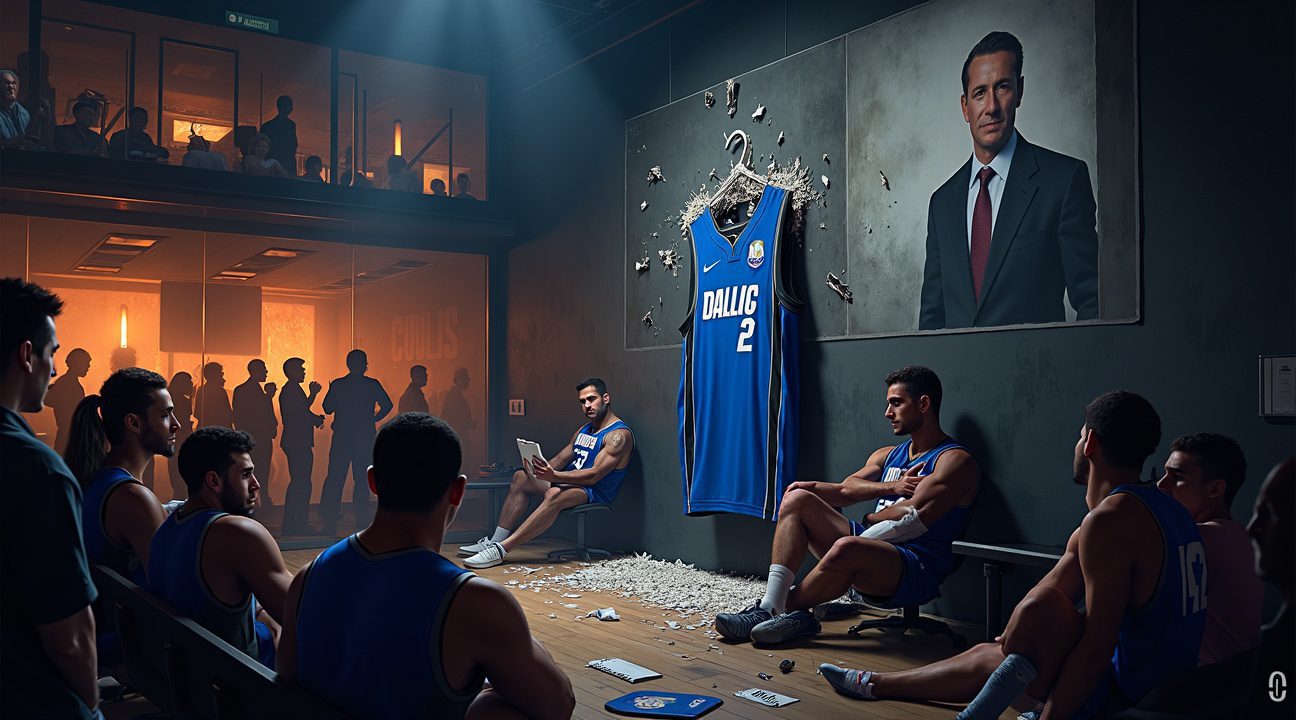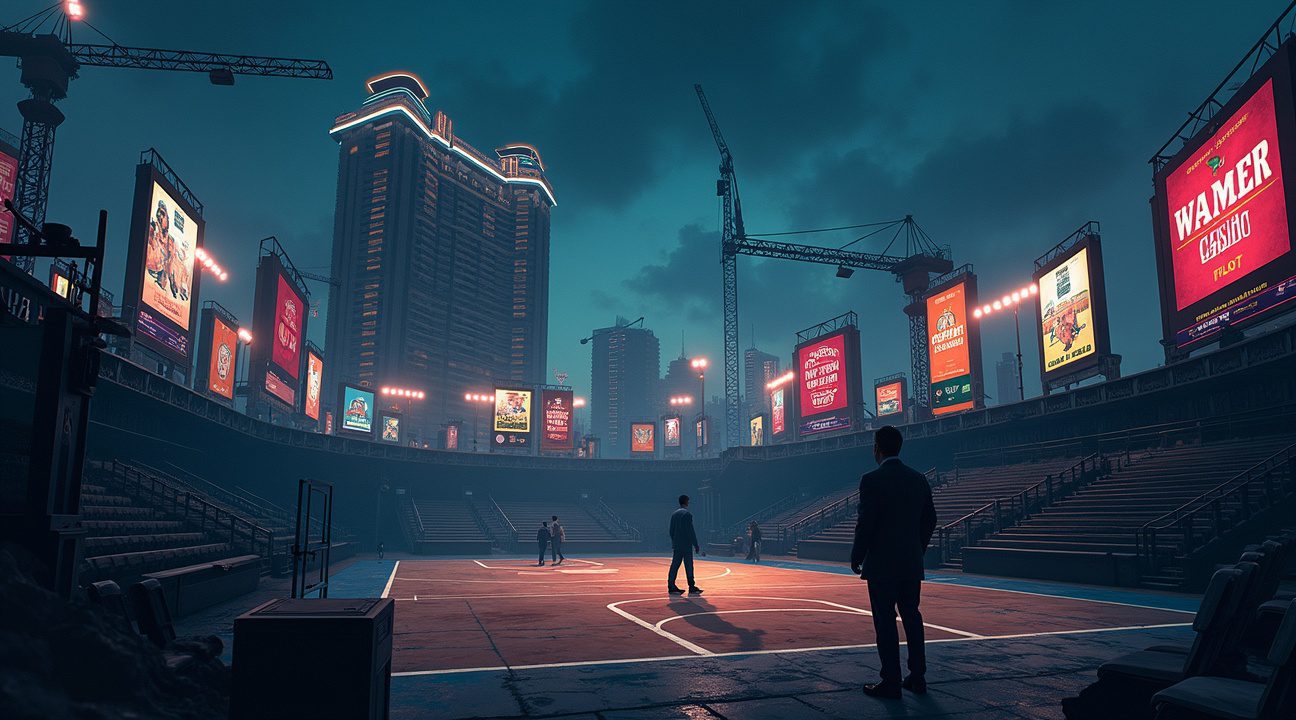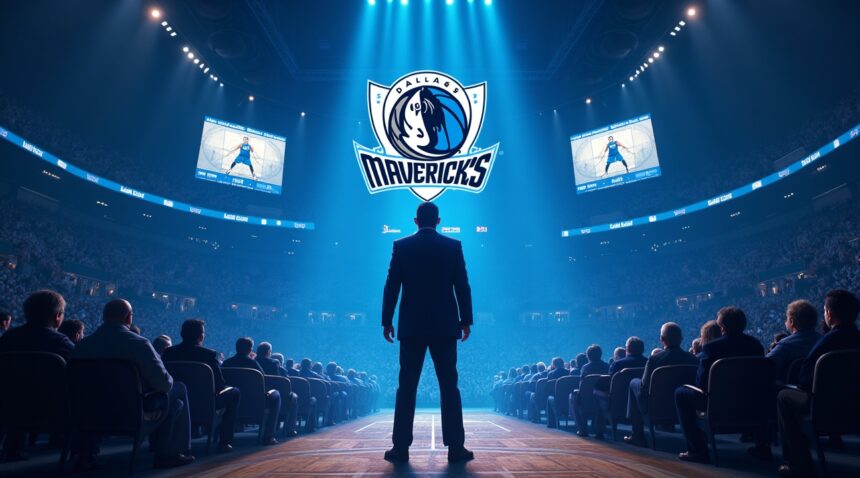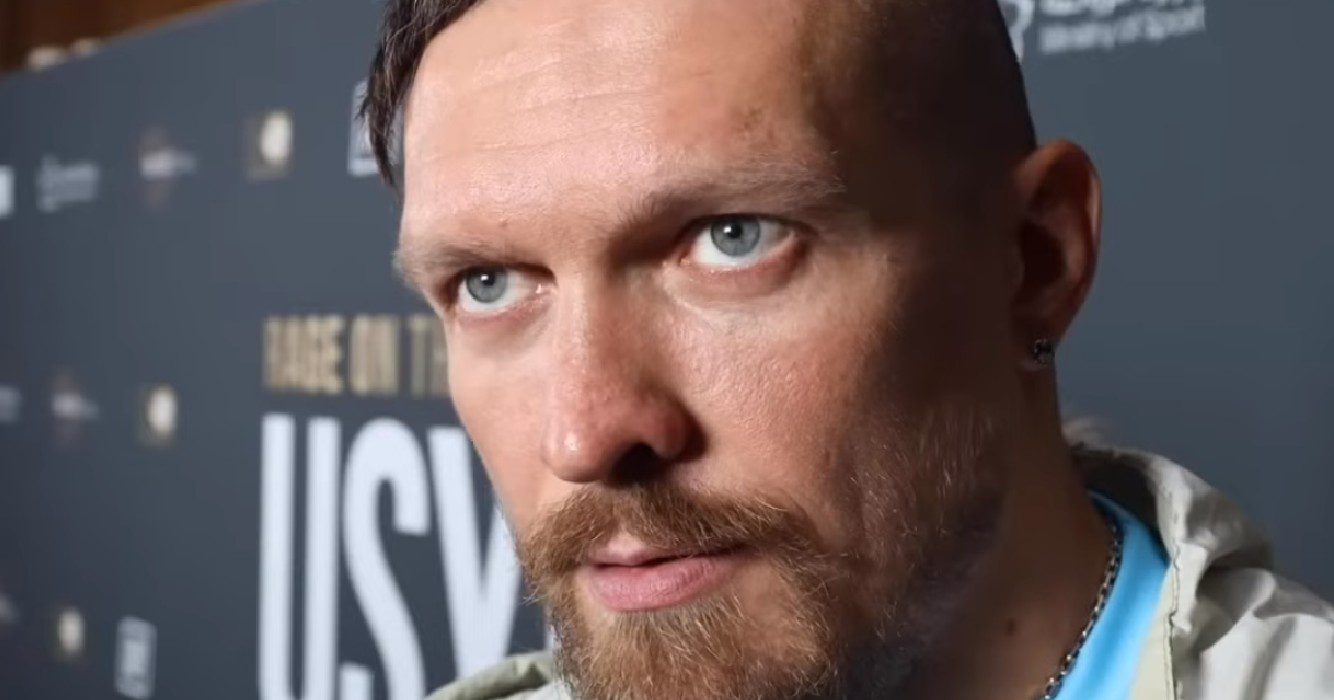Mark Cuban has entered serious negotiations to regain majority control of the Dallas Mavericks following a period of organizational turmoil that includes Nico Harrison’s firing and growing fan dissatisfaction with recent management decisions.
Background on Mark Cuban’s Ownership
Mark Cuban, a well-known billionaire entrepreneur, significantly influenced the Dallas Mavericks during his ownership from 2000 to 2023. Under his stewardship, the team transformed from consistent underperformers into a championship-winning organization, capturing an NBA title in 2011 and claiming four division championships.
In December 2023, Cuban sold 73% of his ownership stake to the Adelson-Dumont group for $3.5 billion, retaining just 27%. As part of the sale, he gave up operational control, which led to significant structural changes in the franchise.
Current Organizational Challenges
Decline After Ownership Transition
- Cuban is reportedly seeking to buy back a majority stake in the franchise due to the decline in performance and leadership instability.
- The Mavericks have struggled under new management, with controversial personnel decisions and several key player injuries.
- The departure of General Manager Nico Harrison came as a major shock, causing further concern among fans and analysts alike.
Focus Shift Sparks Fan Backlash
- New ownership has prioritized casino and hospitality ventures, shifting focus from core basketball operations.
- The change in priorities has caused organizational instability and alienation among the Mavericks’ loyal fanbase.
Cuban’s Intentions for a Rebuild
Following the team’s turbulent performance and loss of direction, Cuban appears motivated to reestablish a basketball-first philosophy.
- Initiating talks to reacquire majority control that would restore his authority over basketball-related decisions.
- Planning a comprehensive rebuild strategy to return the Mavericks to playoff contention and long-term competitiveness.
What This Means for the Mavericks
Should Cuban succeed in regaining control, the Dallas Mavericks could see a return to strategic planning grounded in basketball excellence rather than commercial diversification. This move might also rekindle trust from a frustrated fanbase and reenergize team morale.
For more on Cuban’s history with the Mavericks, visit his official NBA team profile.
Mark Cuban in Active Discussions to Reacquire Majority Control of Dallas Mavericks
Sources close to the Dallas Mavericks organization report that Mark Cuban has entered serious discussions to purchase back majority control of the franchise following a tumultuous period under current ownership. Cuban’s motivation stems from mounting dissatisfaction with recent management decisions, including the controversial firing of General Manager Nico Harrison and subsequent strategic missteps that have alienated the fanbase.
Cuban currently maintains only a 27% minority stake in the team after completing a $3.5 billion sale of 73% controlling interest to Miriam Adelson, Sivan Adelson, and Patrick Dumont in December 2023. This arrangement stripped him of decision-making authority in team operations, leaving the former majority owner watching from the sidelines as the franchise he built struggled under new leadership.
Franchise Performance Concerns Drive Cuban’s Interest
The timing of Cuban’s reacquisition efforts coincides with visible decline in team performance and organizational culture. Fan backlash has intensified following questionable personnel moves and a perceived lack of clear direction from current management. Cuban’s frustration with the current ownership group’s approach has become increasingly apparent, particularly regarding their handling of roster construction and front office decisions.
Multiple industry insiders suggest that Cuban views this as an opportunity to implement a comprehensive rebuild strategy that he believes the franchise desperately needs. His potential return would signal a dramatic shift back to the aggressive, hands-on leadership style that previously brought the Mavericks their 2011 championship. Cuban’s track record of making bold moves and his deep understanding of the organization’s culture could provide the stability that fans and players have been seeking.
The discussions represent more than a simple ownership change – they indicate Cuban’s commitment to restoring the Mavericks’ competitive edge. His willingness to potentially invest billions to regain control demonstrates the depth of his concern about the franchise’s current trajectory. If successful, Cuban would immediately resume his role as the primary decision-maker, potentially ushering in significant changes to both the front office structure and player personnel.
Cuban’s potential return has already generated significant buzz among basketball enthusiasts, particularly those who remember his previous success in building championship-caliber teams. The prospect of his renewed involvement offers hope for a franchise that has struggled to find its identity under the current ownership structure, potentially marking the beginning of a new era focused on sustainable success and organizational excellence.
Franchise Meltdown Following Nico Harrison’s Controversial Departure
The Dallas Mavericks find themselves in complete disarray after the shocking departure of General Manager Nico Harrison sent ripples throughout the organization. I’ve witnessed many front office changes over the years, but few have created such immediate chaos within a franchise that seemed to have found its footing.
The Blockbuster Trade That Changed Everything
Harrison’s most controversial decision came in the form of a blockbuster trade that sent franchise cornerstone Luka Dončić to the Los Angeles Lakers. This move blindsided fans and players alike, dismantling what many considered the foundation of the Mavericks’ future. The trade represented more than just a personnel change – it signaled a complete philosophical shift that has left the organization scrambling to justify its new direction.
The fallout from this decision has been swift and brutal:
- Season ticket holders have demanded refunds
- Merchandise sales have plummeted
- The team’s identity has been completely erased overnight
Harrison’s departure shortly after the trade only added fuel to the fire, leaving many to question whether the deal was properly vetted or simply a rash decision made without adequate consultation.
Mounting Injuries and Performance Issues
Since Cuban stepped away from majority control, the Mavericks have been plagued by a series of setbacks that have crippled their on-court performance. Key injuries have struck at the worst possible moments, with players facing extended absences that have disrupted any semblance of team chemistry or strategic planning.
The team’s struggles extend beyond physical ailments. Inconsistent performance has become the norm rather than the exception, with players appearing disconnected from the coaching staff’s system. Recent acquisitions have failed to mesh with existing personnel, creating a roster that looks impressive on paper but struggles to function as a cohesive unit during actual games.
The new leadership’s unpopular decisions have drawn intense criticism from multiple angles. NBA analysts have questioned the front office’s strategic vision, while longtime fans express frustration with moves that seem to prioritize short-term gains over sustainable success. The disconnect between management’s stated goals and their actual execution has become increasingly apparent with each passing game.
Local sports media has been particularly harsh in their assessment of the organization’s current state. Radio hosts and columnists who once praised the Mavericks’ culture now openly criticize the franchise’s lack of direction. This negative coverage has created a feedback loop that damages the team’s reputation and makes it harder to attract quality free agents or coaching candidates.
Cuban’s reduced influence has created a power vacuum that the current ownership group hasn’t successfully filled. Many observers point to this leadership gap as the primary source of the franchise’s instability. The billionaire’s hands-on approach, while sometimes controversial, provided clear direction and accountability that appears to be missing under the new regime.
The timing of these struggles couldn’t be worse for a franchise that had built significant momentum in recent years. Championship aspirations have been replaced by concerns about basic competitiveness, and the organization’s reputation for player development has taken a serious hit.
Players have begun expressing frustration through social media and carefully worded interviews, suggesting deeper issues within the locker room. The lack of stable leadership has created an environment where uncertainty breeds more uncertainty, making it difficult for athletes to focus purely on basketball performance.
The franchise’s meltdown serves as a cautionary tale about the importance of continuity in professional sports organizations. What once appeared to be a model franchise has quickly devolved into a case study of how quickly things can unravel when key decision-makers are removed or marginalized without proper succession planning in place.

Cuban’s Transformational 24-Year Ownership Run Before the Sale
Mark Cuban’s acquisition of the Dallas Mavericks in 2000 marked the beginning of one of the most dramatic franchise transformations in NBA history. I witnessed a struggling organization emerge from decades of mediocrity into a championship-caliber team under his dynamic leadership.
When Cuban purchased the team from Ross Perot Jr. for $285 million, he inherited a franchise that had achieved minimal success during its first two decades. The Mavericks had secured just one division title and maintained a disappointing 40% win percentage over their initial 20-year span. This poor performance had established Dallas as one of the league’s least successful organizations.
Championship Success and Competitive Excellence
Cuban’s ownership immediately shifted the franchise’s trajectory through strategic investments and a commitment to excellence. The results spoke volumes about his transformative approach:
- Four division titles earned in 2007, 2010, 2021, and 2024 demonstrated sustained competitive success
- Two conference championships in 2006 and 2011 proved the team could compete at the highest level
- The 2011 NBA championship represented the pinnacle achievement, delivering Dallas its first and only title
- Consistent playoff appearances became the new standard rather than the exception
The 2011 championship run stands as Cuban’s crowning achievement, with the Mavericks defeating the Miami Heat in a stunning upset. This victory validated his vision and investment in building a winning culture. Professional sports ownership requires both financial resources and strategic acumen, qualities Cuban demonstrated throughout his tenure.
Cuban’s approach extended beyond simple player acquisitions. He revolutionized the franchise’s infrastructure, upgrading facilities, embracing analytics, and creating an environment that attracted top talent. The organization’s reputation shifted from a struggling franchise to a destination for elite players and coaches.
The financial transformation proved equally impressive. Cuban’s $285 million investment grew exponentially over 24 years, culminating in a $3.5 billion sale price in 2023. This represents a remarkable 12-fold increase in value, reflecting both his effective stewardship and the broader growth trends across the NBA. Basketball’s popularity surge contributed to rising franchise valuations league-wide, but the Mavericks’ growth exceeded many comparable markets.
Cuban’s hands-on ownership style became legendary throughout the league. He attended games regularly, engaged with fans directly, and wasn’t afraid to challenge league officials when he felt his team faced unfair treatment. This passionate involvement energized the fanbase and created a unique organizational culture.
The financial success extended beyond simple franchise valuation. Cuban invested heavily in state-of-the-art facilities, including practice facilities and technological upgrades that enhanced player development and fan experience. These investments paid dividends through improved on-court performance and increased revenue streams.
His tenure also coincided with the emergence of international star Luka Dončić, whose arrival reinvigorated the franchise and attracted global attention. Dončić’s impact on both performance and marketability helped maintain the Mavericks’ relevance in an increasingly competitive entertainment landscape.
The 2023 sale to the Adelson and Dumont families marked the end of an era, but Cuban’s influence on the franchise remains undeniable. His transformation of the Mavericks from perennial underachievers to championship winners and valuable assets demonstrates the impact dedicated ownership can have on professional sports franchises. Sports ownership transitions often generate uncertainty, but Cuban’s legacy provided a strong foundation for future success.
The dramatic increase from a struggling 40% win percentage to sustained excellence under Cuban’s leadership showcases what’s possible when ownership commits fully to organizational transformation. His 24-year run established benchmarks for success that any future ownership group must consider when evaluating the franchise’s potential.

New Ownership’s Casino Ambitions May Be Diverting Focus from Basketball
The Adelson-Dumont ownership group’s extensive background in casino and hospitality industries has become a source of concern for many Mavericks fans and analysts. I observe that their primary business interests extend far beyond basketball, encompassing ambitious plans for Texas gambling legalization, resort development, and arena construction projects. These diversified pursuits raise questions about where the franchise truly ranks in their business priorities.
Business Ventures Taking Priority Over Team Development
The new ownership group’s agenda includes several major initiatives that demand significant time and resources. Their lobbying efforts for legalized gambling in Texas represent a massive undertaking that could transform the state’s entertainment landscape. Additionally, plans for a comprehensive resort complex and new sports arena require substantial capital allocation and strategic focus. Critics point out that these ventures, while potentially lucrative, may be drawing attention away from immediate basketball needs.
The contrast with Mark Cuban’s ownership philosophy couldn’t be starker. Cuban consistently prioritized reinvestment in team culture, state-of-the-art facilities, and enhanced fan experiences throughout his tenure. His hands-on approach to basketball operations and commitment to excellence set a standard that many feel the current ownership hasn’t matched. Sports memorabilia collectors often reflect on Cuban’s era as a golden period for the franchise’s brand value and cultural significance.
Structural Changes in Decision-Making Authority
The current ownership structure presents a fundamental shift in how basketball decisions are made. As of early 2025, Cuban holds no decision-making role in team operations, marking a complete departure from his previous involvement in every aspect of the franchise. Full strategic authority now rests exclusively with the Adelson-Dumont family, creating a clear hierarchy that some industry observers find concerning.
This centralized approach differs significantly from Cuban’s collaborative model, where basketball expertise and business acumen worked in tandem. The new structure may explain some of the recent organizational challenges, including the circumstances that led to Nico Harrison’s departure. Without Cuban’s basketball-focused perspective in decision-making roles, the franchise appears to be operating under a purely business-oriented framework that may not adequately address on-court performance needs.
The timing of these ownership priorities has particularly frustrated supporters who remember the franchise’s championship-winning culture. While NBA milestones continue to capture headlines across the league, the Mavericks seem to be falling behind in building the competitive infrastructure necessary for sustained success.
Industry experts suggest that successful NBA franchises require ownership groups willing to prioritize basketball operations above other business interests, especially during critical rebuilding phases. The Adelson-Dumont family’s casino and hospitality focus may represent a fundamental mismatch with the intensive attention required to build a championship-caliber organization. Their approach appears to view the Mavericks as one component of a larger entertainment empire rather than as the primary focus deserving dedicated resources and attention.
This divergence in priorities has created uncertainty about the franchise’s future direction. Many observers wonder whether the current ownership group possesses the basketball-specific knowledge and commitment necessary to guide the team through its current challenges. The absence of Cuban’s expertise in basketball operations has become increasingly apparent as the organization struggles with fundamental decisions about roster construction and organizational culture.

Current Ownership Structure and Financial Details
Mark Cuban’s relationship with the Dallas Mavericks represents one of the most successful ownership stories in modern sports history. I witnessed his acquisition of the franchise on January 4, 2000, for $285 million transform into a basketball powerhouse that would eventually be valued at billions.
The Ownership Transition
Cuban’s decision to sell a 73% controlling stake to the Adelson-Dumont group in December 2023 for $3.5 billion marked a significant shift in the franchise’s power structure. This transaction valued the entire franchise at approximately $4.8 billion, representing a staggering 1,580% return on Cuban’s original investment. Despite retaining a 27% minority interest worth roughly $1.3 billion, Cuban relinquished his decision-making authority over basketball operations and major franchise decisions.
The Adelson-Dumont group, led by casino magnate Miriam Adelson and her family, now controls the day-to-day operations of the franchise. This ownership change has created an interesting dynamic where Cuban maintains a substantial financial stake but lacks the operational control he wielded for over two decades.
Cuban’s Legacy and Franchise Success
Cuban’s 23-year tenure as majority owner produced remarkable results both on and off the court. The franchise achieved its greatest success during this period, including several key accomplishments:
- One NBA championship in 2011, defeating the Miami Heat’s superteam
- Four division titles spanning 2007, 2010, 2021, and 2024
- Two conference titles in 2006 and 2011
- Consistent playoff appearances and competitive seasons
These achievements demonstrate Cuban’s commitment to building a winning culture in Dallas. Floyd Mayweather’s recent interest in NBA ownership highlights the attractive financial prospects that Cuban helped establish for basketball franchises.
The franchise’s dramatic rise in valuation from $285 million to $4.8 billion reflects both Cuban’s business acumen and the NBA’s overall growth during his ownership period. Cuban’s hands-on approach, willingness to spend on player salaries, and investment in state-of-the-art facilities contributed significantly to this value appreciation.
With Nico Harrison’s recent firing as general manager, questions arise about the new ownership group’s basketball philosophy and whether Cuban’s potential increased involvement could help restore the franchise’s competitive edge. The current ownership structure creates an unusual situation where the former controlling owner maintains significant financial interest while new leadership makes critical basketball decisions.
The Stark Performance Contrast Between Cuban Era and New Management
Mark Cuban’s tenure as owner transformed the Dallas Mavericks from an inconsistent franchise into a championship contender, with his hands-on approach culminating in the 2011 NBA title. From 2000 to 2023, Cuban established a culture of basketball excellence that prioritized winning above all else. His willingness to spend on both players and organizational infrastructure created a sustainable foundation for success that resonated throughout the league.
The transition to new ownership has exposed dramatic differences in leadership philosophy and execution. While Cuban maintained a basketball-first mentality, the current management structure appears driven by broader commercial interests that don’t always align with on-court performance. This shift has become particularly evident in recent roster decisions and organizational changes that have left fans questioning the franchise’s direction.
Performance Metrics Tell the Story
Several key indicators demonstrate the franchise’s declining trajectory under new management:
- Player retention challenges, with key contributors leaving due to contract disputes or organizational dissatisfaction
- Increased injury concerns that some attribute to changes in training staff and medical protocols
- Front office instability, highlighted by Nico Harrison’s recent dismissal
- Questionable draft picks and trade decisions that haven’t improved the team’s competitive position
- Fan engagement metrics showing decreased attendance and merchandise sales
Cuban’s era was characterized by decisive action and clear accountability structures. When problems arose, he addressed them quickly and directly, often involving himself in basketball operations to ensure alignment with winning objectives. His approach fostered loyalty among players and staff, creating an environment where talent could flourish. Luka Dončić’s emergence during this period exemplified the type of superstar development that Cuban’s system encouraged.
The current ownership group’s more detached approach has created communication gaps and strategic misalignment. Executive turnover has disrupted continuity, while commercial priorities sometimes conflict with basketball decisions. This disconnect has affected team chemistry and performance, leading to the type of organizational instability that Cuban worked decades to eliminate.
Recent reports suggest Cuban recognizes these performance gaps and is exploring options to regain control. His potential return represents more than ownership change—it signals a possible return to the basketball-focused culture that made the Mavericks a respected franchise. The contrast between eras has become so pronounced that even casual observers notice the difference in organizational energy and direction.
The franchise’s current struggles aren’t solely attributable to ownership change, but the correlation is undeniable. Cuban’s proven track record of building winning cultures stands in sharp contrast to the current management’s commercial focus, creating a compelling case for his potential return to leadership.
Sources:
ESPN: Inside the NBA reacts to Nico Harrison getting fired by the Mavericks
en.as.com: How much of the Dallas Mavericks does Mark Cuban still own? Who is the majority owner now?
D Magazine: Nico Harrison Wanted to Be a Hero. Instead, He Burned Down the Mavs and Tanked His Career.
Wikipedia: Mark Cuban
TSHA: Dallas Mavericks: A Comprehensive History of the NBA Franchise
YouTube: How A Spoiled New Owner Ruined The Dallas Mavericks


